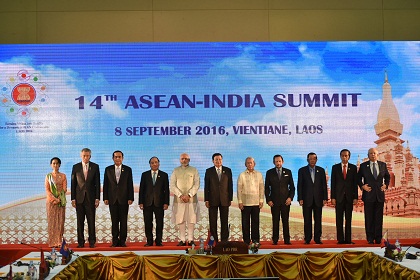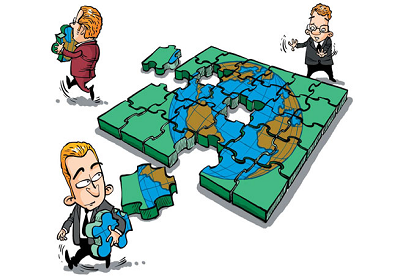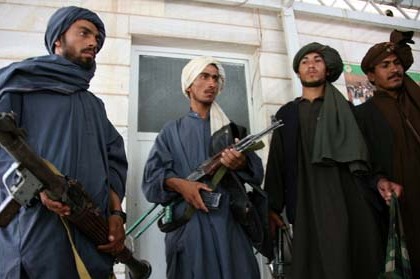Evaluating BRICS @ 11: views from Shanghai
Speakers at the ‘1st BRICS Think Tank Forum on Pragmatic Cooperation’, held in Shanghai last month, discussed ways to tackle new challenges as globalisation moves into the next phase where the BRICS countries will take the lead






